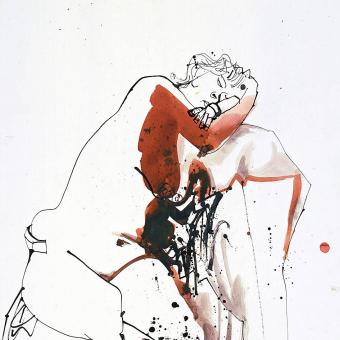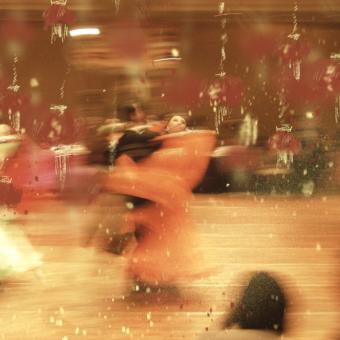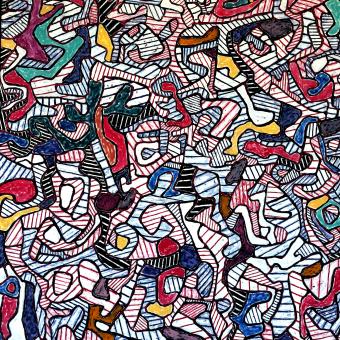Interventions
Welcome to Interventions, an experimental space where authors rehearse new ideas, reframe questions, or play unbridled within Arcade’s field of the humanities in the world. These short posts embrace the incomplete, the imperfect, and the indeterminate, but they may become much more: for example, the record of a thinker’s turn toward a new paradigm or the rough draft of a chapter in a new book. Rapid publication and immediate responses permit Interventions to foster conversation. The tone of the posts may range from personal to political, while maintaining a critical edge.
Published regularly, Interventions are often freestanding contributions to Arcade, but some may join our feature called Colloquies. Inquiries and submissions are received by the editor of Interventions.










